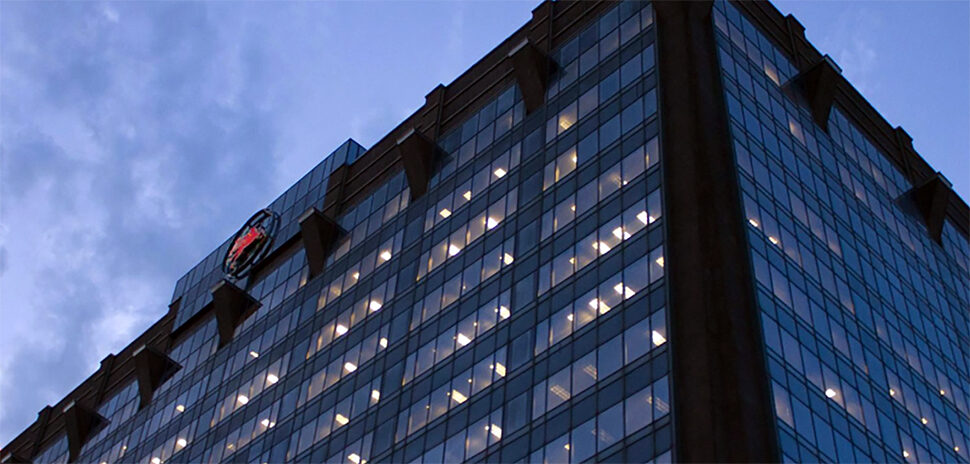Donations from wealthy people can help solve problems, but many of them don’t give in major ways for a number of reasons, according to a new study that mentions the work of Dallas philanthropist Lyda Hill.
Although most of the wealthiest people in the world have expressed an interest in helping to solve such complex social issues as poverty, the environment, human rights abuses, and education inequity, only about 20 percent follow through with funding of $10 million or more.
That’s according to Fast Company in an article on how billionaires can have more impact through their donations.
THE ASPIRATION GAP IN GIVING
The reluctance to donate is called “the aspiration gap,” Fast Company reported, a term coined by the nonprofit and philanthropist consultancy Bridgespan.
William Foster, a partner at Bridgespan, said that philanthropists’ ambition to put “meaningful amounts of money to move meaningful change into the toughest social problems is as present or more present than ever. The difficulty [for most] is figuring out how to do it.’’
The issues of the so-called “big bets” is a major topic of discussion in the philanthropic world, the article said.
Philanthropists’ ambition to put “meaningful amounts of money to move meaningful change into the toughest social problems is as present or more present than ever.”
William Foster
Foster told Fast Company that philanthropists want to put their money into efforts that can “effectively move the needle.”
Bridgespan has analyzed 900 “big bets” placed between 2000 and 2013 and identified 10 separate strategies the biggest, boldest philanthropists have used to enable change.
The results appear in a Stanford Innovation Review report titled Ten Ways to Make a Bit Bet on Social Change.
The report examines what has been tried, and under what conditions those bets paid off. It offers a map of “pathways” for billionaires to consider, and includes factors such as how active donors want to be in managing the distribution of their funds, or how to bolster existing support networks.
The report also examines why philanthropists may have shied away for donating funds, including trying to avoid hot-button, potentially intractable, issues such as gun control.
THE LYDA HILL EXAMPLE
Dallas philanthropist Hill is cited in the report as one of the donors who has helped make major change on problems facing society. In Hill’s case, it was for her work in addressing the health crisis associated with antibiotic resistance that impeded some livestock-raising practices, changing what was available in restaurants and in grocery stores.
Hill, the granddaughter of oil magnate H.L. Hunt, is founder of the Lyda Hill Foundation, and is founder and chairman of the private investment firm LH Holdings Inc.
According to Inside Philanthropy, Hill is known to make large donations and is committed to supporting “transformational advances in science and nature.”
It said the foundation’s grant making is based largely on her strong belief that “science is the answer.”
The foundation invests in four main areas — research, education, direct services, and systemic change — according to Inside Philanthropy.

































































